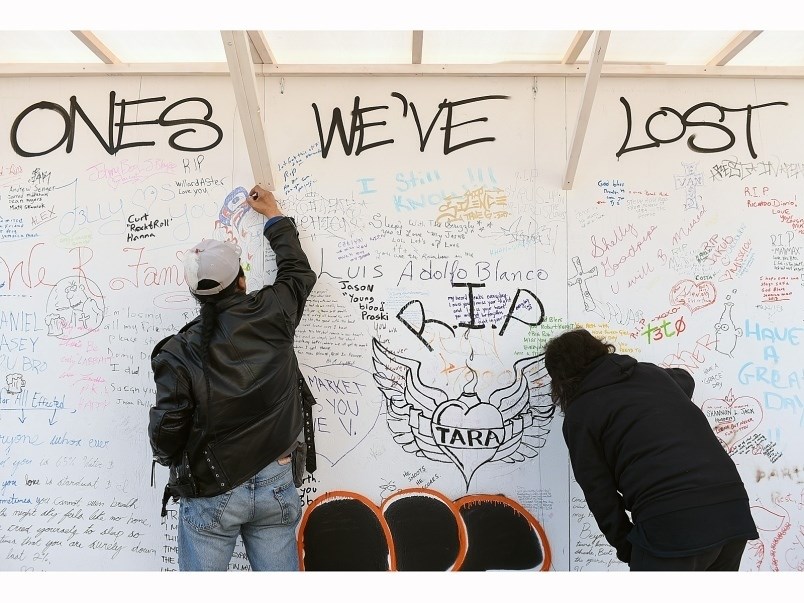If dealing with the COVID-19 crisis wasn’t enough, Vancouver saw a spike in overdose deaths last week.
Between March 23 and 29 Vancouver police responded to eight overdose-suspected deaths – the most in a single week since August 2019, and in contrast to the decline in overdose deaths in the city.
“The drug supply remains toxic with fentanyl and other contaminants present in many local illicit drugs,” the city said in a press release. “Insite and Powell Street Gateway remain open and Vancouver Coastal Health is working with service providers to ensure overdose prevention sites are open for people to access.”
And while encouraging physical distancing to help prevent the spread of COVID-19, the health authority is asking people to continue to use supervised consumption sites and overdose prevention sites, and is recommending that housing providers continue to allow visitors and other strategies so people are not using drugs alone in their rooms.
Last week, the B.C. government announced new measures that will allow drug users to take home — and have delivered — prescribed medications as alternatives to poisoned street drugs.
Under the new provision health care providers are able to get safe, prescription alternative medications such as hydromorphone and dextroamphetamine into hands of drug users not in a treatment program, or who regularly visit a doctor.
The medication is restricted to oral doses and excludes prescription injectable heroin, which continues to be offered to about 100 patients at the Crosstown Clinic in the Downtown Eastside.
Pharmacies can have employees deliver medication, extend prescriptions, transfer prescriptions to other pharmacists and allow prescribers such as a doctor to refill a prescription over the phone.
Clinics are also set up to offer “telemedicine” for clinical assessments, which means a patient and doctor can talk to each other via a computer to accelerate a person’s access to medication.
The pandemic coupled with the overdose crisis presents unprecedented risks for drug users unable to self-isolate, keep their physical distance from people or quarantine to prevent the spread of COVID-19.
That group includes people who are homeless and living in shelters and single-room-occupancy hotels, which are often set up with shared bathrooms and common areas, including kitchens.
Also last week, Coal Harbour and Roundhouse community centres were set up as temporary shelters for homeless people during the pandemic in an effort to allow for more physical distancing.
– With files from Mike Howell
@JessicaEKerr
Read more from the Vancouver Courier



